In the Russian Federation, a fairly large number of people live not in privatized apartments, but in state (under a social hiring agreement). Sometimes there are situations when it is necessary to split utility bills between residents. But it is worth noting that doing this in a municipal apartment is a bit more complicated than in a privatized one.
Differences between municipal housing and privatized
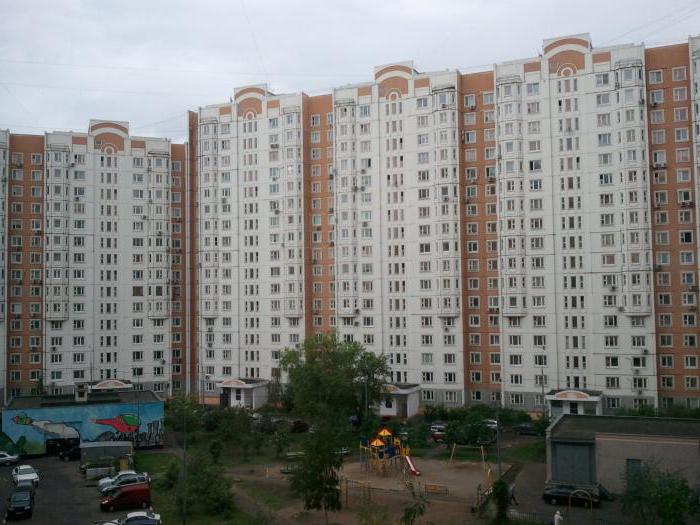 First of all, you need to understand the difference between these two types of residential premises. A privatized apartment belongs to one or several people who have all the necessary documents on it. They have the right to perform any operations with the premises: sell, lease, etc.
First of all, you need to understand the difference between these two types of residential premises. A privatized apartment belongs to one or several people who have all the necessary documents on it. They have the right to perform any operations with the premises: sell, lease, etc.
In the second case, the living space does not belong to one or several people, but to the state. Previously, people are required to conclude an agreement with the municipality, and only then they get the right to live in it. As a rule, only one family member who is the tenant signs the contract (previously such a citizen was called the main tenant). Nevertheless, all tenants of the apartment that are included in this contract have the same rights to stay and use housing.
Quite often, dwellings owned by the municipal housing fund are former dormitories, which the enterprises transferred to local governments.
What is a financial account
 Absolutely any living space has its own personal account. It indicates complete information about the apartment. For example, the number of registered people, on which floor is located and so on. The personal account also indicates all utilities that are provided for a particular residential building.
Absolutely any living space has its own personal account. It indicates complete information about the apartment. For example, the number of registered people, on which floor is located and so on. The personal account also indicates all utilities that are provided for a particular residential building.
There are different ways of calculating utilities: based on meter readings, apartment size or the number of people registered in this dwelling. Thus, a certain amount is obtained, quite often a decent size. This is especially true for large cities.
How to split bills in a non-privatized apartment
We found out how privatized housing differs from state housing. The question arises: how can one divide accounts in a non-privatized apartment? Such a procedure is carried out by determining the proportion of each person living in this room. There is also the option that the parties themselves can agree and notarize who and how much should pay for utilities.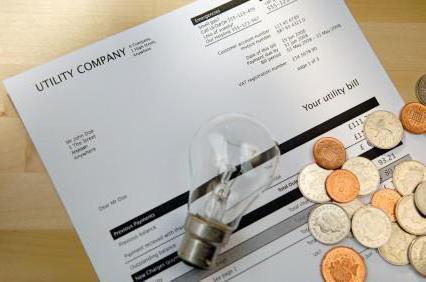
In the case when residents of the same apartment cannot come to a mutual decision, they have to split accounts through the court. After considering all the materials of the case and making an unambiguous decision, it is possible to submit documents for the separation of accounts in a non-privatized apartment in a housing office. However, in the vast majority of cases, they do not want to help and refer people to other authorities.
Often, in order to divide a personal account in a non-privatized apartment, one has to go to court. It is worth noting that most of the social contracts were concluded between the state and people before 2005. After more than 10 years, many families have grown. Now several families live in the apartment, but only one was settled. In such cases, conflicts often occur. This begs the question of how to split bills in a non-privatized apartment.
It is worth noting that in modern Russia, the separation of accounts is often practiced.After all, it is convenient and simple for most of the population. There is no need to quarrel and decide who should pay how much - all payments will be made in accordance with the current legislation of the Russian Federation.
Personal Account Separation Act
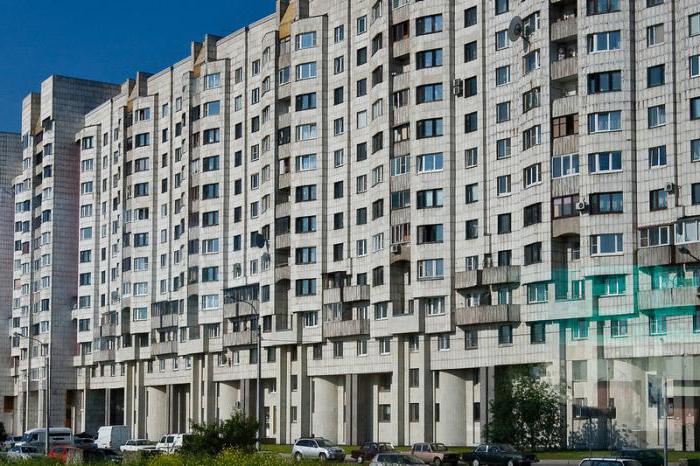 However, according to the legislation of the Russian Federation, there are no specific rules on how to split accounts in a non-privatized apartment. Therefore, the court does not consider such cases. All they can do is determine the size and procedure for paying utility bills.
However, according to the legislation of the Russian Federation, there are no specific rules on how to split accounts in a non-privatized apartment. Therefore, the court does not consider such cases. All they can do is determine the size and procedure for paying utility bills.
People who live in privatized housing must pay bills according to the share of ownership. In a municipal apartment, things are different. In such housing it is not possible to determine the share of each tenant, but it is possible to determine the order of residence of each and the method of payment for utilities. To make the separation of the personal account in a non-privatized apartment, each resident will be required to conclude a social contract of employment. However, in practice such a procedure is simply impossible to carry out. According to the current legislation of the country, an agreement can be concluded with only one person. Therefore, everyone will have one personal account - and this will not work in any way, even through the court.
Going to court
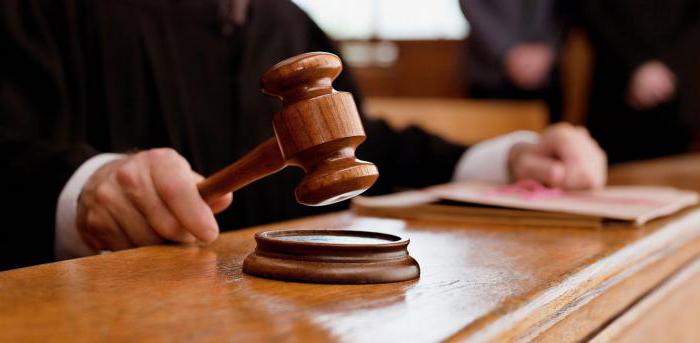 When people live in a public building, and they cannot agree on who and how much should pay for utilities, they need to do the following. It is necessary to file a claim for the allocation of shares and the procedure for payment. If you file a lawsuit on how to split the bills in a non-privatized apartment, then they will not accept it.
When people live in a public building, and they cannot agree on who and how much should pay for utilities, they need to do the following. It is necessary to file a claim for the allocation of shares and the procedure for payment. If you file a lawsuit on how to split the bills in a non-privatized apartment, then they will not accept it.
First of all, you need to properly draw up a statement. You can get forms at various law firms. If necessary, you can use their services, they will help to correctly draw up a statement. Also, it is necessary to add the passports of everyone who lives in a particular municipal apartment, and a social hiring agreement.
When the court ruled
When the court session was held and a decision was made on it, you should contact the management company. Here you need to show the court decision and determine your share in the payment of utilities. In a non-privatized apartment, the same personal account remains, however, significantly more receipts will appear. All of them will come individually to everyone. Thus, if utility bills are divided into three people, then each of them will receive receipts in his name. The amount of payments will directly depend on the court decision.
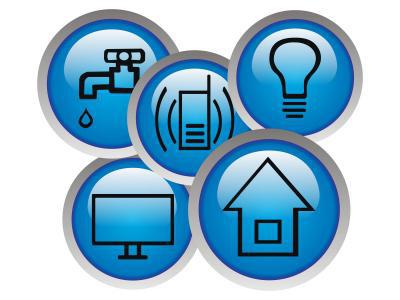 From now on, everyone will pay independently and be separately liable for late payment. Some citizens, after refusing in court to split financial personal accounts, appeal to higher courts, but they are also refused there, because according to the law of the Russian Federation adopted in 2005, this cannot be done. This law was adopted so that the number of communal apartments does not increase.
From now on, everyone will pay independently and be separately liable for late payment. Some citizens, after refusing in court to split financial personal accounts, appeal to higher courts, but they are also refused there, because according to the law of the Russian Federation adopted in 2005, this cannot be done. This law was adopted so that the number of communal apartments does not increase.
There is another reason why residents want to split personal accounts. These are those citizens who live in emergency or dilapidated housing and want to get separate free apartments for relocation. After the adoption of the new law, it is not possible to do this. Therefore, the question of whether it is possible to split the accounts in a non-privatized apartment, in this case becomes irrelevant.
Responsibility for late payment of housing and communal services
After each of the residents had their own share in the payment of utilities, the tenants had the obligation to pay on receipts in a timely manner. Thanks to this, all who were divided by the court are responsible for late payments separately.
If one of the residents does not fulfill his obligations and has paid absolutely nothing for three months, the management company has every right to file a lawsuit. Then all materials regarding the defaulter are studied and a decision is made.It is worth noting that if a person leads an incorrect lifestyle and he has no good reason for not paying utility bills, then most likely he will simply be evicted from his dwelling.
The situation with the privatized apartment is different: since the housing belongs to a particular owner, it is impossible to evict it. But in this case, the court may be seized on bank cards, on which a person receives a salary, or on property.
What are the criteria for dividing into shares?
In most cases, the court makes the same decisions in standard cases of this type. If two people live in a dwelling, each of them will pay bills for half the apartment. If, for example, one person lives with a child, then he will have to pay more than half of all bills.
But the apartment may be one-room. What to do in this case? As well as in the two-room apartment: each of the tenants can be allocated his share in the payment of utilities, and then everyone can pay only for himself. The amount of payment can also be determined by the judge. However, do not forget that the personal account still remains one.
Conclusion
It is possible to separate the payment of bills in municipal apartments and, as you can see, this is quite simple. It is only necessary to prepare a few papers, fill out an application and take it to court. After that, a decision is made - and all those living in the dwelling will pay for utilities as the court ordered.